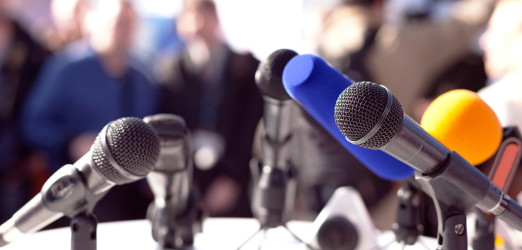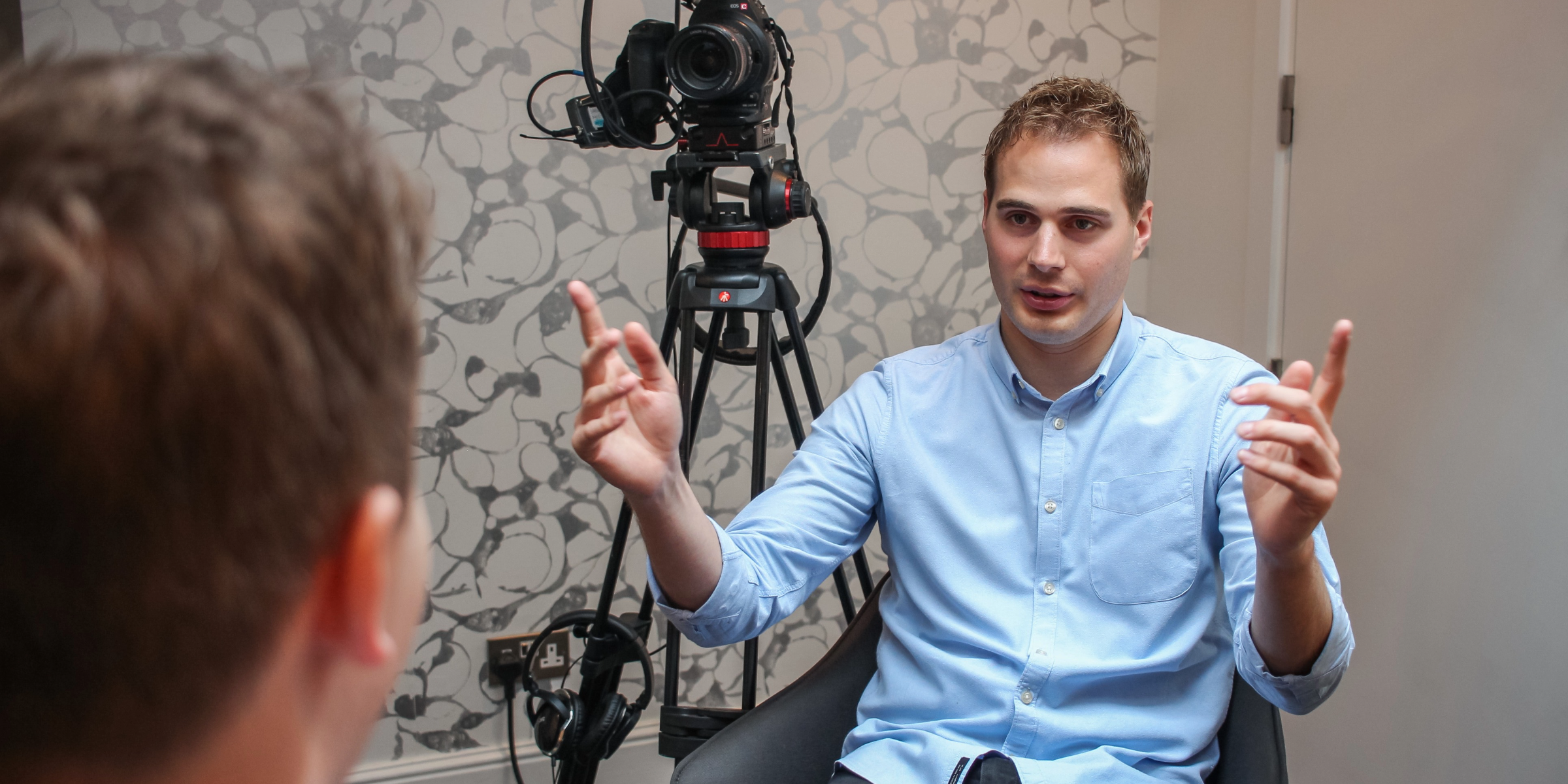By Catherine Bayfield
We LOVE media relations. Nothing can surpass that feeling of finally clinching that much sought after opportunity on TV, radio or online. But just sometimes it drives us mad. Here are some of the things that collectively get our goat:
- When there is no regional breakdown or regional hooks for a radio day. It’s very challenging to secure coverage without good local stats or regional case studies. Commercial radio stations in particular will reject your story outright without them. Ideally the research should be broken down to cities but at the very least into defined regions like South West, North East and so on.
- The release is too overtly branded. Broadcasters have to adhere to strict guidelines set by Ofcom. They will be put off by a release that is peppered with brand mentions and brand ambassadors. The BBC in particular will reject your story. A more subtle approach is to reference the brand just once or twice and NEVER in the first line or headline.
- The spokesperson admits they’ve never done any broadcast interviews before. Everyone has to start somewhere but it’s unfair to subject your client to radio and TV interviews if they’ve not been media trained. Broadcast agencies should offer coaching for spokespeople as part of their media relations package. A good starting point is to suggest your client or third party is in the studio alongside a more experienced spokesperson who can help field the more tricky questions.
- The celebrity spokesperson has done a broadcast story the week before, but their agent has “forgotten” to tell us. It doesn’t matter if the first story was completely different to the second one; a broadcaster still doesn’t want the same spokesperson on again. We generally recommend stipulating a spokesperson does no other broadcast for at least 4-6 weeks before your story, to avoid this problem.
- The spokesperson leaves it too late to get to the radio or TV studio. Broadcasting is stressful and no one needs the added stress of being late! We advise clients to arrive with at least 20-30 minutes spare before an interview. TV interviews often involve a lengthy process of signing into a building; you might also be invited to have make-up; and you also need to catch your breath! If, however, you’re looking at a morning’s worth of radio interviews, as part of a radio day you probably need to get to the studio early for a key messages briefing.
- Not dovetailing print and broadcast sell ins. Broadcasters always want to think they’re first with the news and they hate it when they see the story in print the day before they’re offered it. At Shout! we recommend the story is embargoed until 00.01 ensuring that broadcasters, print and online can run the story simultaneously. Broadcasters normally respect the embargo and it is fine to send the story out a few days before.
- A lack of case studies and KOLs. Having a case study or a KOL for a story really helps the sell-in go well. Sometimes though they can be more of a liability than an asset. We’ve had Doctors for example who’ve said a new drug isn’t that effective. It is important that they are briefed and willing and available to support the story. Worse still is a ‘case study’ who turns out to be from the PR agency. Transparency is critical and the industry takes a very dim view of plants.
- KPI’s Setting expectations with your client on what is achievable on radio and TV is critical. TV is never a given and shouldn’t be guaranteed. It’s also highly unlikely that you’ll get blanket coverage with top tier stations. Commercial stations like Capital and Heart generally have bulletins lasting a minute and a half and there isn’t much room for PR generated stories. Our recommendation is to find out whether your client is looking for quality over quantity and if getting brand mentions is a priority. If it is – small local commercial stations love a chat and allow your spokesperson plenty of plugs.
- Monitoring This is always challenging and often frustrating. In our experience there isn’t a monitoring agency who can completely and accurately give you all the coverage secured. This is down to human error in search words and the fact that some of the stations aren’t monitored; this includes London Live and other good regional TV stations. At Shout! we record all the interviews conducted in our radio studio and typically these are live.
- Holding your nerve. Broadcasters are notoriously last minute and nationals in particular are unlikely to book in until the day before – sometimes as late as on the day. They like to know your spokesperson is available – ideally in Central London. BBC regional radio tends to be more organised. They typically book in a few days before but like to receive a press release at least a week ahead of the story.
Any of this ring a bell with you? To find out more download our E-book: Media Relations Guide to Broadcast PR.



